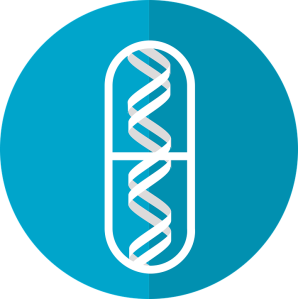-
-
- van den Berg, H M. (2017). A cure for hemophilia within reach. The New England Journal of Medicine, doi:10.1056/NEJMe1713888 [doi]. Epub ahead of print.
- Porteus, M. (2017). Closing in on treatment for hemophilia B. The New England Journal of Medicine, 377(23), 2274-2275. doi:10.1056/NEJMe1713735 [doi]
- George, L. A., Sullivan, S. K., Giermasz, A., Rasko, J. E. J., Samelson-Jones, B. J., Ducore, J., . . . High, K. A. (2017). Hemophilia B gene therapy with a high-specific-activity factor IX variant. The New England Journal of Medicine, 377(23), 2215-2227. doi:10.1056/NEJMoa1708538 [doi]
[youtube https://www.youtube.com/watch?v=6TpLoZCaL3c]
-
![]() Explore genetics topics via the Genetics Journal Club and Himmelfarb Library's genetics collection by checking out:
Explore genetics topics via the Genetics Journal Club and Himmelfarb Library's genetics collection by checking out:

 Recently, the NIH took steps to help protect the credibility of published research findings from NIH-funded research. In a recent
Recently, the NIH took steps to help protect the credibility of published research findings from NIH-funded research. In a recent 



